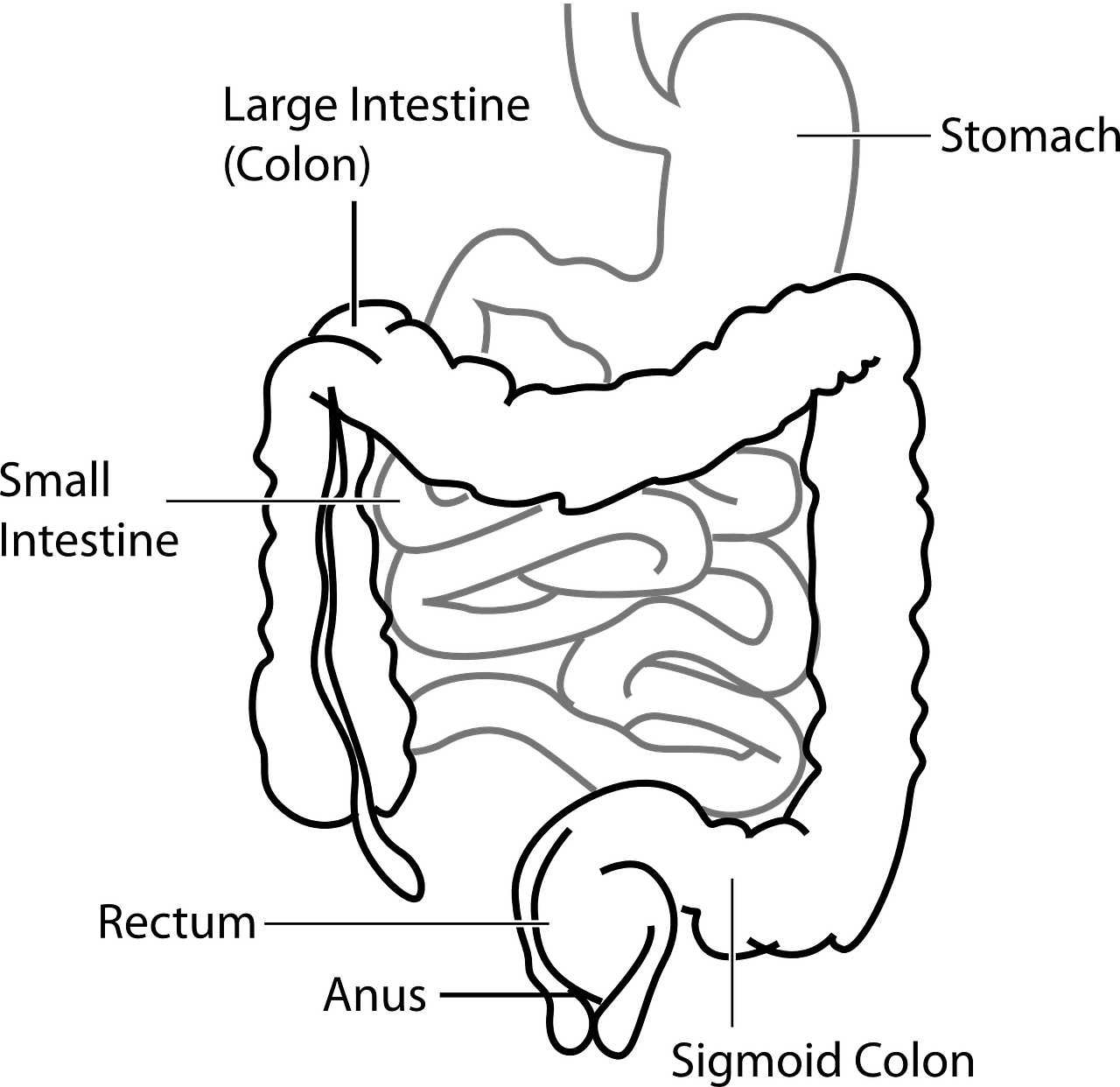How Does Stress and Anxiety Affect The Digestive System?
In this article we look at how stress and anxiety can affect the digestive system. Specifically we will look at how the nervous system is integrated with the digestive system and how problems here, can lead to problems in the digestive tract. These problems can lead to digestive disorders.
If you are interested in understanding the connection between stress and the digestive system, keep reading.
The Nervous and Digestive System Connection
To understand how stress and anxiety affect the digestive system you need some background on the nervous system and how it is connected to the digestive process. The nervous system is a critical aspect of digestion. Because our emotions and brains are connected to the nervous system, they play an important role in digestive system problems and disorders. The digestive tract has a unique and separate nervous system allowing it to be synchronized and respond to the local environment of the digestive tract. For instance, it can respond to the presence of food or inflammation. This specialized digestive system is called the enteric nervous system. While it is totally separate from the rest of the body, it does receive input from the autonomic nervous system which contains two parts.
The autonomic nervous system contains a parasympathetic and a sympathetic branch. You can think of think of these two tracks of the autonomic nervous system like yin and yang, because they do opposite things. The parasympathetic nervous system is often referred to as "rest and digest" and the sympathetic nervous system is thought of as "fight or flight." You can easily see from this reference that their actions are going to be different and opposite. As it relates to stress, the parasympathetic activity is always on in the background especially when you are resting, sleeping, and relaxing. More of the energy is shifted to the sympathetic nervous system when you are worried, exercising, and generally more active. With these activities come higher stress to the body as well as shunting some of the energy of the body in a different directions. When we have more stress the parasympathetic is still activity. However it is drowned out by the overwhelming sympathetic nervous activity.

The Affect of Stress and Anxiety on The Digestive System
So how does stress and anxiety affect the digestive system? With more stress and more anxiety, you have a lot more sympathetic fight or flight activity. This drowns out the parasympathetic activity leading to poor incomplete digestion. So the question about the effect of stress and anxiety on digestion is really about what the parasympathetic nervous system does in the digestive tract.
The parasympathetic nervous system encourages the natural synchronized process of digestion when food is introduced. It also increases blood flow to the digestive tract. This allows the vessels to take fuel to the muscles there. The parasympathetic nervous system is also involved with production of salivary juices and digestive enzymes. It also triggers the gastrocolic reflex where the acid in the stomach triggers emptying of the the bowels. It gently stimulates release to make more room for more food coming in.
This normal digestive process and parasympathetic activity is also involved with hormone production like gastrin. Gastrin stimulates parietal cells and chief cells in the stomach to produce acid and enzymes that help with the digestive process. If there is not enough acid, due to stress, then the next step in the process in the small intestine will be compromised. With more stress many things in the digestive tract don't work completely like less of the mucosal mucus production in the stomach. This is why stress and high anxiety are a common trigger and cause for ulcers.
Having treated many people with anxiety and stress, digestive issues are often intermingled and correlated with one another. Of course, this is not always the case. It is hard to tell which came first because they can seem to trigger one another. It is like the chicken and egg story.
In my experience more often the digestive problems are triggering the anxiety. A lot of things going on in the digestive tract can lead to systemic issues that can trigger anxiety and mental health issues. Still anxiety can trigger digestive problems too. Sometimes it happens in a feed forward way so you really never know which one is the original trigger.
This should give you a better understanding of how stress and anxiety affect the digestive system. If you have other questions about this particular topic, please drop it in the comments section below. If you need a customized plan to help your digestion, click on the link below to get started.

















